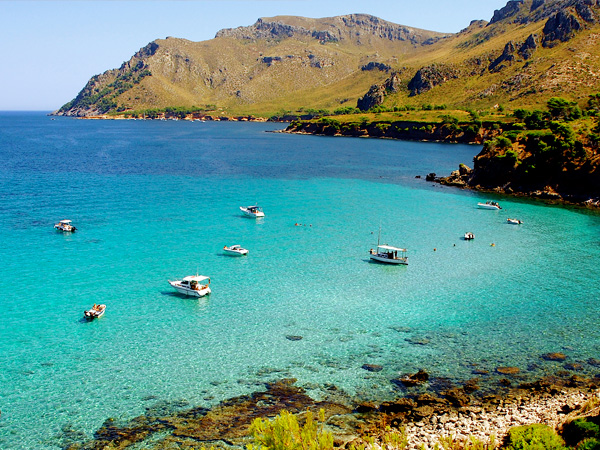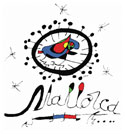Tourist Information

THE ORIGINS
Until very recently, the sea was the island´s main means of communication. For this reason Mallorca´s early inhabitants were people who lived from the sea (more specifically, from the “Mare nostrum”).
The first places used as settlements, dating back to 4.000 BC, were the large number of natural caves which can be found around the Mallorcan coastline. Later, other groups of settlers arrived to live inland in dwellings made of massive stones known as “Talaiots”, of which more than a thousand have been recorded.
Far back in the past, people from Central Asia began to emigrate towards the west, reaching as far as their ships would allow them. Phoenicians, Greeks and Carthaginians succeeded one another, trading all over the Mediterranean until the year 123 BC when the Romans arrived under the command of Quinto Cecilio Metelo and founded colonies on the island. The most important cities they founded were Pollentia in the north and Palma in the south and today we can still take pleasure in seeing the remains of their civilization.
Not only was the island visited by people from the east in times of expansion and development, visitors also came from northern Africa. Records show that from the 10th to the 12th century (when Mallorca was conquered by the Christians), the island was dominated by Moors or Arabs. We can still see part of this legacy in the dry stone walls which form the hillside terraces, the irrigation tanks, wells and irrigation channels needed for agriculture.
In 1229, King Jaume I of Aragon, called the “Conquistador” marched into Medina Mayurqa, beaching the defences of the Moorish army who were forced to flee or join the new settlers. Shortly afterwards construction began on Palma’s Cathedral, which was dedicated to the Virgin Mary by the express wish of the King. His son, Jaume II, King of Majorca, ordered palaces and mansions to be built all over the island. In addition, he also reformed the Almudaina Palace and built Bellver Castle and other castles at Sineu and Valldemossa. This was the kingdom´s golden age, but unfortunately it was short lived. Later, King Jaume III died in the Battle of Llucmajor and the island lost its independence.
Spain´s unity was now under the auspices of the catholic monarchs and Mallorca came to form part of the Spainish Kingdom, following its ups and downs from a distance throughout the course of history right through to the present day.
In 1983 a statute of autonomy for the Balearic Islands was signed which gave the islands their own autonomous government and each island was granted its own local administrative body, the Consell Insular.
 English
English  Español
Español  Deutsch
Deutsch 
